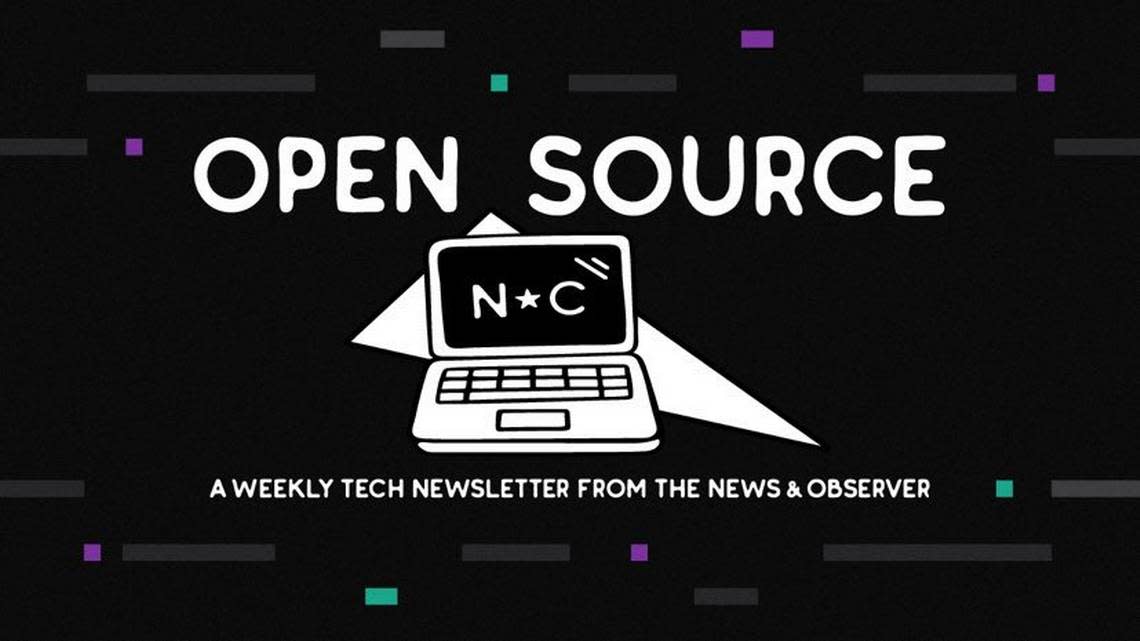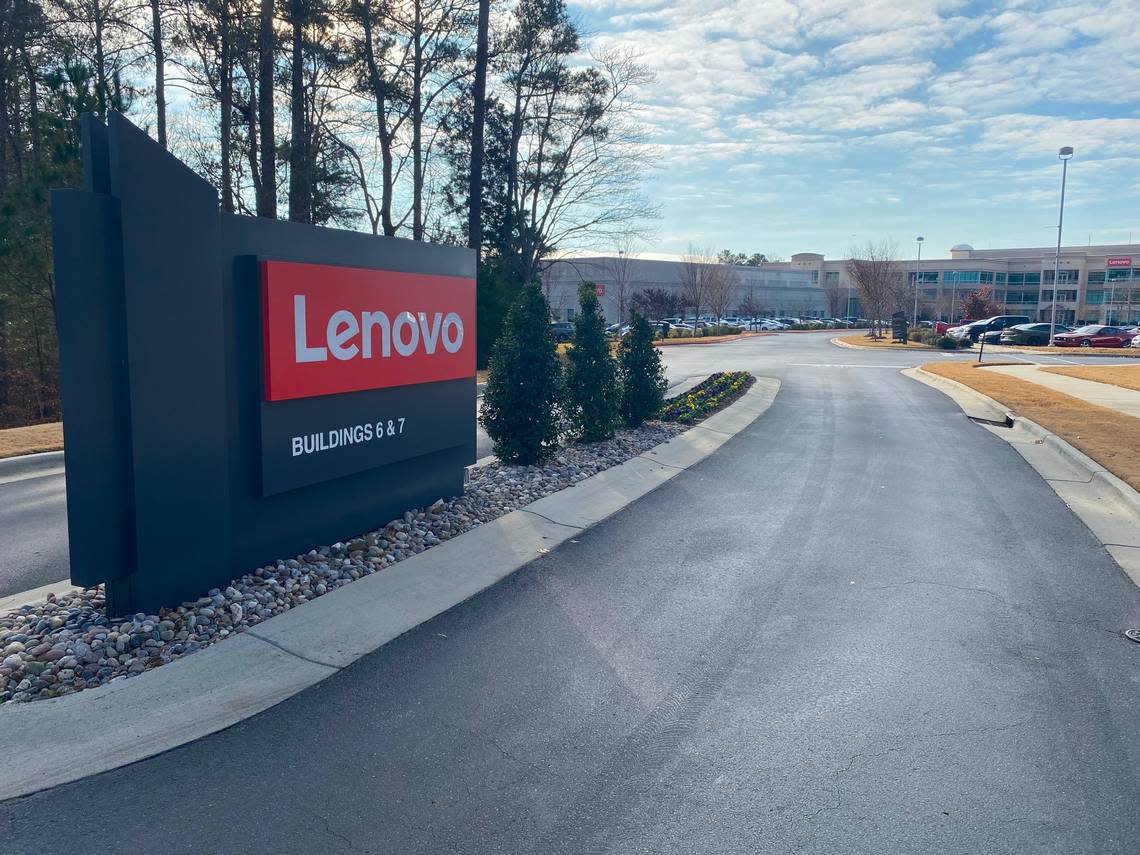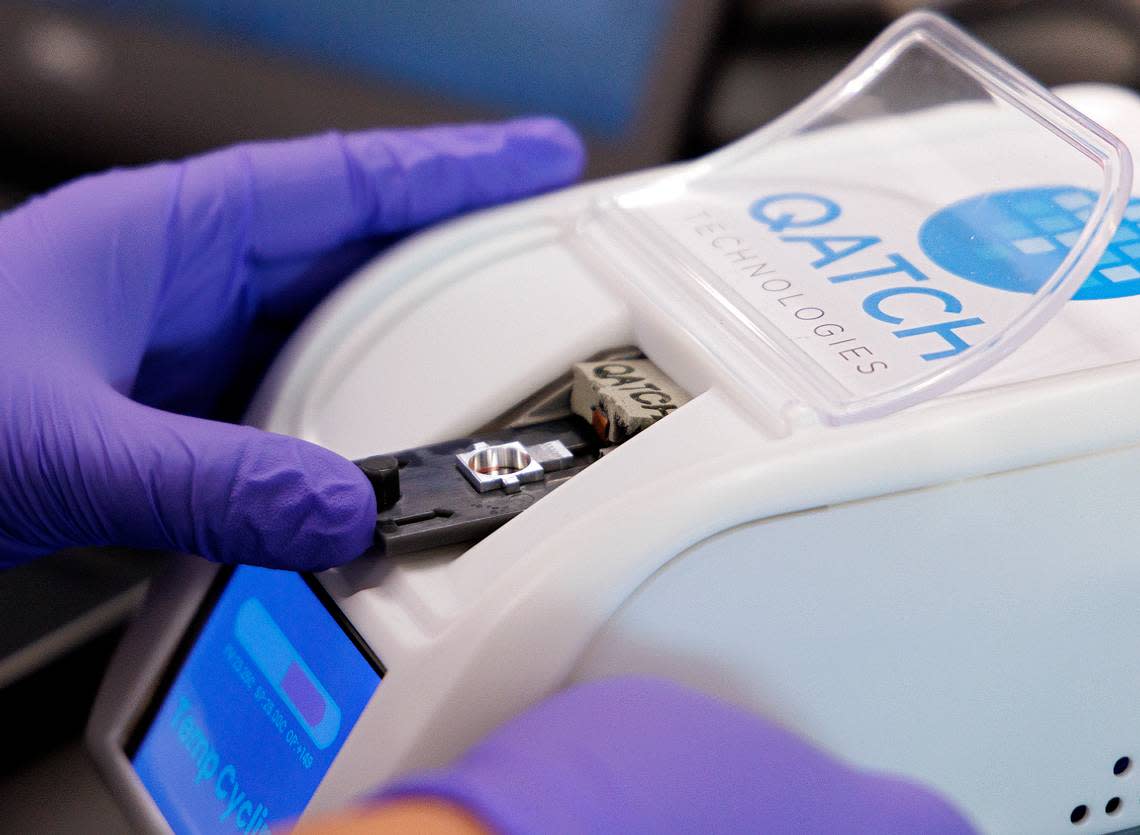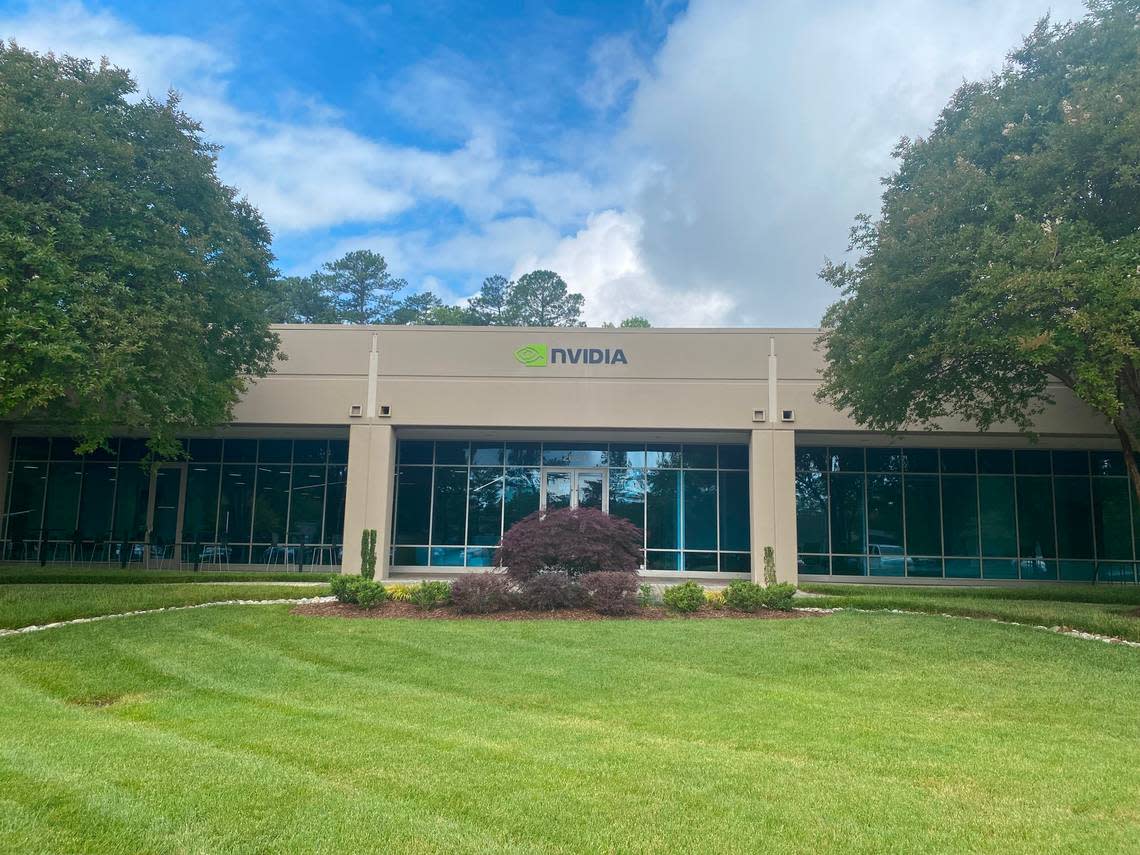Open Source: Deepfakes, disclosures and the first NC election of the AI era. Are we ready?
I’m Brian Gordon, tech reporter for The News & Observer, and this is Open Source, a weekly newsletter on business, labor and technology in North Carolina.
In Utah this week, a Republican state senator filed a bill that would require candidates to disclose when artificial intelligence is used in political ads. Similar legislation is gaining traction in Wisconsin. Bills to counter political deepfakes have also been filed in Maryland, New Hampshire, Ohio, Kansas and more than a dozen other states, according to Public Citizen, an advocacy group tracking the issue.
Five states — Washington, Minnesota, Michigan, Texas and California — have already enacted rules around AI-generated content in political ads.
No regulations have been proposed in North Carolina, but the topic is poised to come up when the General Assembly reconvenes for the short session in April. Some members already say they’d back mandatory AI disclosures.
“I fully support similar measures in North Carolina,” said Rep. Zack Hawkins, a Democrat representing Durham, in a statement to the N&O. “Unless the intent is to openly deceive voters, there just isn’t any reason not to require campaigns to disclose the use of AI in political ads.”
Hawkins also favors lawmakers getting ahead of political “deepfakes” — voice or image content impersonating a candidate. Ahead of the New Hampshire Primary last month, a robocall purporting to be President Joe Biden urged listeners not to vote. The Federal Communications Commission has since banned AI-voices in robocalls.
In 2019, Texas became the first state to ban all deepfake political ads, even with disclosures, a month before an election.
Republican Rep. Jason Saine, who co-chairs the Joint Legislative Oversight Committee on Information Technology, said he wants to hear more debate around the issue before giving “a definitive answer on how we should address this topic of political advertisements.”
“I do think it is a topic worth discussing,” he said in an email.

Political ads are just one area where politicians worry about the unparalleled potential power/promise/peril of artificial intelligence. There’s reported bias in systematic decision-making like college admissions, health care and parole. Hawkins plans to file a bill to make social media companies label AI-created content shared on their platforms, and Saine said he’s worked on legislation to halt the non-consensual distribution of explicit deepfake content.
But much of the AI dialogue in North Carolina and elsewhere this year will center on politics. Primary early voting is underway in the state. Polls show the likely Biden v. Trump rematch is tight in North Carolina. Information and misinformation could matter.
Onto the rest of this week’s news:
A packed parking lot
Research Triangle Park can be sleepy these days. Not being here before the pandemic, I can’t speak to what the area was like when everyone still widely commuted, but RTP leaders have been asking existential questions since more workers began doing their jobs at home.
So I took note this week when I passed the Lenovo campus in Morrisville and saw a pretty jam-packed parking lot. It’s not a small lot either; multiple buildings comprise the PC maker’s North American headquarters.
Since 2022, Lenovo has implemented a so called “3:2” model, requiring employees be in the office three days a week.
Speaking of Lenovo, the company had positive financial news: For the first time since late 2022, it saw its year-to-year revenue increase. Lenovo is leaning into AI (because who isn’t) and its AI team is based in RTP.
So expect to see more crowded parking lots, 60% of the week.

Tillis answers the Section 174 question
Today is the last scheduled day of the U.S. Senate’s “State Work Period.” Many Triangle startup founders are anxious for its members to start voting again.
On Jan. 31, the U.S. House passed broad and bipartisan tax reform that included welcomed relief for research-intensive startups that faced onerous tax bills due to a technical change to the federal tax code (Section 174, specifically). Now, the Senate will consider the legislation. Both North Carolina senators, Republicans Thom Tillis and Ted Budd, say they support the startups but haven’t committed to voting for the more sweeping bill.
“Senator Budd is currently undecided on the tax package overall, but he is supportive of fixing the Section 174 issue and encouraging R&D in North Carolina,” Budd’s spokesperson Curtis Kalin said in a Jan. 31 email.
And this week, I heard back from Tillis’ team. His holdup revolves around the bill’s child tax credit.
“Senator Tillis continues to be a strong supporter of restoring full research and development expensing under Section 174 to facilitate innovation and job creation in North Carolina and across the country,” spokesperson Adam Webb said in an email. “He also supports the child tax credit to help working families but has serious concerns with the bill’s weakening of work requirements, as well as the questionable pay-for that is similar to Congress using a credit card to pay off another credit card. Senator Tillis is working with his colleagues to address those concerns.”

Short Stuff
Come and gone. SunTree Snack Foods will shut its Goldsboro facility a little over a year after it first announced the $10 million project. The closure impacted 29 positions. The company did not list a reason for the decision in its notice to the North Carolina Department of Commerce.
Who wrote that? Duke University will stop giving numerical scores to applicant essays due to the pervasive use of college counselors and generative AI platforms. Former N&O intern Jazper Yu had the story for the Duke Chronicle.
Still selling to itself. VinFast updates abound in the company’s earnings call Thursday. The carmaker continues to lose a lot of money. It continues to say it’ll open its North Carolina factory in 2025. And it now aims to sell 100,000 EVs this year. How many of those sales will be made to its affiliated taxi service remains unclear.
Sci-fi cafes. Right now, there are a handful of Triangle restaurants where robots help bring meals to tables. I’ll have a longer story out on that soon, but for now, meet Pepper, a personable robot with decent dance moves I saw this week at the new Raleigh office of the Dallas-based company RobotLab.
National Tech Happenings
Reddit is going public and will allow some users to buy stock in an unorthodox move.
In June, the chipmaker Nvidia eclipsed $1 trillion in market cap. It has a Triangle office, and I wrote about the quiet local presence of an emerging tech giant. Well, the company is now worth close to $2 trillion.
Google pauses AI image generation on its Gemini platform due to “inaccuracies” in historical images.
Thanks for reading!

